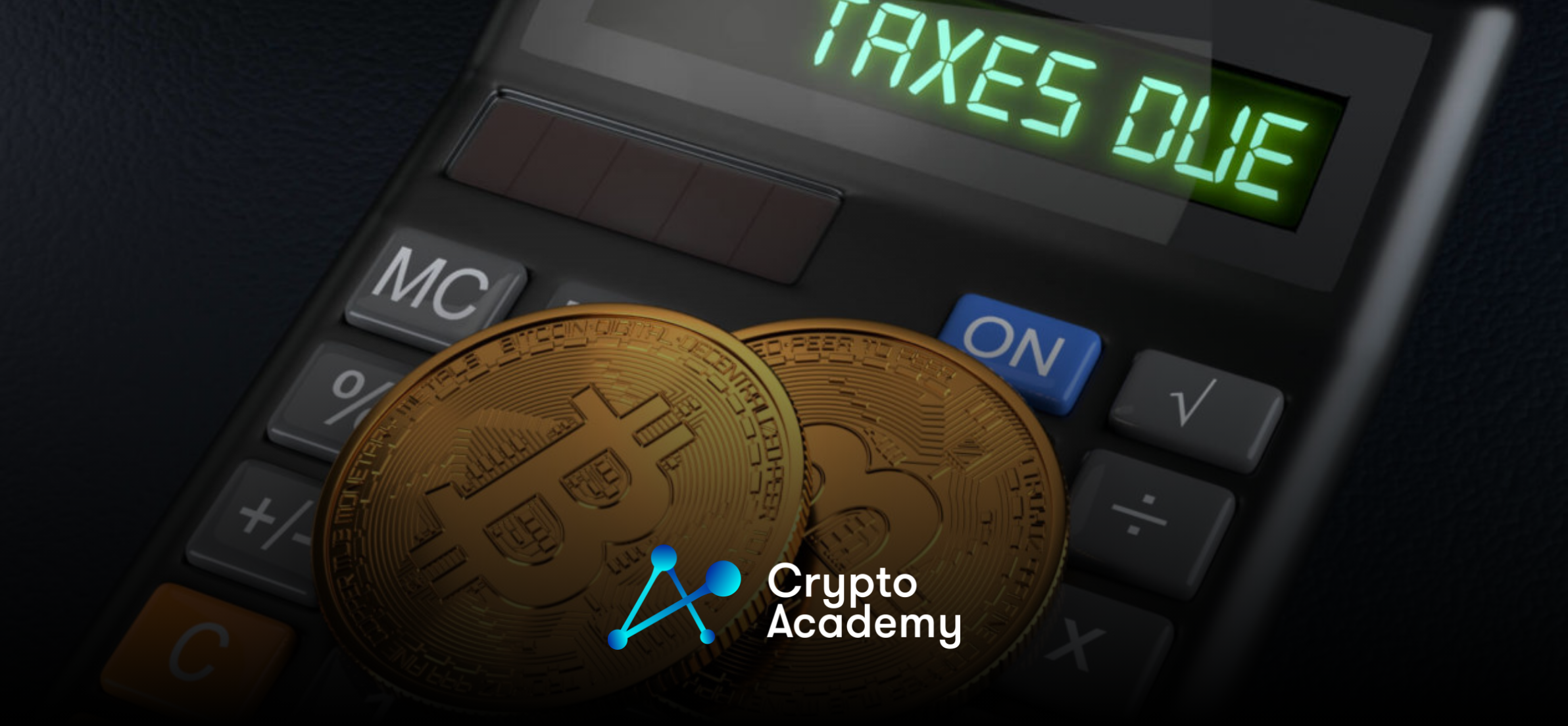In the ever-evolving landscape of cryptocurrency, one thing has remained constant: the need to navigate the complex terrain of taxation. Recent developments in the United States signal a significant shift towards a more structured approach to taxing cryptocurrency transactions, and self-custody is emerging as a key player in normalizing crypto tax payments.
New Tax Laws in the Spotlight
The United States Treasury Department has proposed groundbreaking tax laws aimed at catching crypto tax cheats and simplifying tax compliance for law-abiding citizens. Under these draft laws, crypto exchanges are mandated to report gross transaction proceeds, along with the cost basis of assets sold. The difference between the cost basis and the selling price constitutes taxable income. While these measures promise greater transparency in the crypto space, they pose challenges for users.
One standout feature of these new regulations is the grace period offered for decentralized finance (DeFi) investors. The government’s plan to tax DeFi profits won’t take effect for several years, providing a window of opportunity for crypto enthusiasts. However, even during this grace period, it’s crucial to strike a balance between tax disclosures and preserving privacy.
Self-custody, a concept often deemed too daunting by investors, emerges as the solution. It not only aligns with the principles of censorship resistance and safeguarding against financial collapses but also empowers users to comply with tax laws without compromising sensitive information.
Why DeFi Transactions Are Complex to Track
Understanding the challenges of tracking DeFi transactions is essential to appreciate the role of self-custody in crypto tax payments. DeFi platforms enable peer-to-peer transactions, allowing users to exchange assets without intermediaries. This pseudonymous nature of transactions has kept regulators awake at night, with concerns about tax evasion and money laundering.
The proposed US Crypto-Asset National Security Enhancement Act of 2023 introduces measures to collect customer information from parties involved in DeFi protocols. This move sparks a debate between privacy advocates and the necessity of regulation.
Dan Howitt, CEO and co-founder of crypto tax firm Recap, emphasizes the importance of financial privacy. He argues that data falling into the wrong hands could expose portfolios and make users targets. Recap’s services bridge the gap by preserving crypto anonymity or pseudonymity while ensuring compliance with tax obligations.
Self-Custody’s Promising Path
Self-custody is a paradigm shift in the crypto landscape. It offers users absolute control over their funds, eliminating third-party involvement. Recap, for example, tracks transactions through tight integration with Ethereum, the largest DeFi blockchain. This approach ensures users can fulfill their tax obligations without exposing their DeFi activities.
However, challenges remain. Ethereum’s ongoing upgrades and scalability improvements pose uncertainties. Moreover, impending US laws may reshape the crypto tax landscape, impacting self-custody solutions.
In conclusion, self-custody is emerging as the cornerstone of normalizing crypto tax payments. It provides a secure, privacy-focused means for users to meet their tax obligations without compromising the fundamental principles of cryptocurrency. As the crypto space continues to evolve, self-custody stands as a beacon of financial autonomy and compliance, ushering in a new era of crypto taxation.
